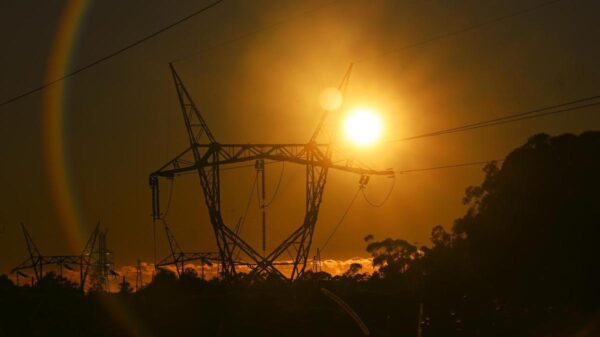UPDATE: Banks across Australia are taking urgent action to refund more than $93 million to low-income customers hit with excessive fees on their accounts. This decision comes after the Australian Securities and Investments Commission’s (ASIC) latest report revealed that over a million individuals have already transitioned to low-fee accounts, saving an anticipated $50 million in annual fees.
This sweeping response follows a shocking revelation in the Better Banking for Indigenous Consumers report released in July 2024, highlighting that at least two million low-income Australians, particularly those relying on Centrelink payments, were burdened by high account fees.
According to the report published on October 24, 2023, 21 banks were scrutinized, showing a much larger issue affecting low-income Australians nationwide.
“What started as an initiative focused on addressing avoidable bank fees for low-income customers… revealed a much wider problem affecting customers nationwide,”
stated ASIC Commissioner Alan Kirkland.
Since the initial findings, four major banks—ANZ, Bendigo Bank, Westpac, and Commonwealth Bank (including Bankwest)—have collectively refunded over $33 million to affected customers. While three of these banks have pledged to extend refunds to a broader spectrum of low-income customers, the Commonwealth Bank and Bankwest have indicated they will not extend payments beyond the initial group identified by ASIC.
In a proactive response, additional banks have begun reviewing the impact of high-fee accounts and have pledged further remediation, with an estimated $60 million to be refunded to more than 770,000 customers.
ASIC Chair Joe Longo expressed concern about the necessity of such reviews to enforce compliance:
“It should not take an ASIC review to force $93 million in refunds… Banks need to truly hear the messages in this report.”
The report highlights progress, noting that nine banks have improved access to low-fee accounts, while seven banks have enhanced processes for customer transitions. Furthermore, six banks are now gathering data to identify First Nations customers, following recommendations from the commission’s earlier review.
Kirkland emphasized the ongoing need for banks to act more decisively:
“Our intervention has forced many banks to take action, but more needs to be done to ensure financially vulnerable consumers are not put in this position again.”
He urged consumers to advocate for themselves and ensure they are in the most suitable accounts.
As these developments unfold, the urgency for banks to reassess their practices and put customer welfare at the forefront remains critical. The call for systemic change is louder than ever, and the financial future of vulnerable consumers hinges on the actions taken now.
Stay tuned for more updates as this story develops.


































































